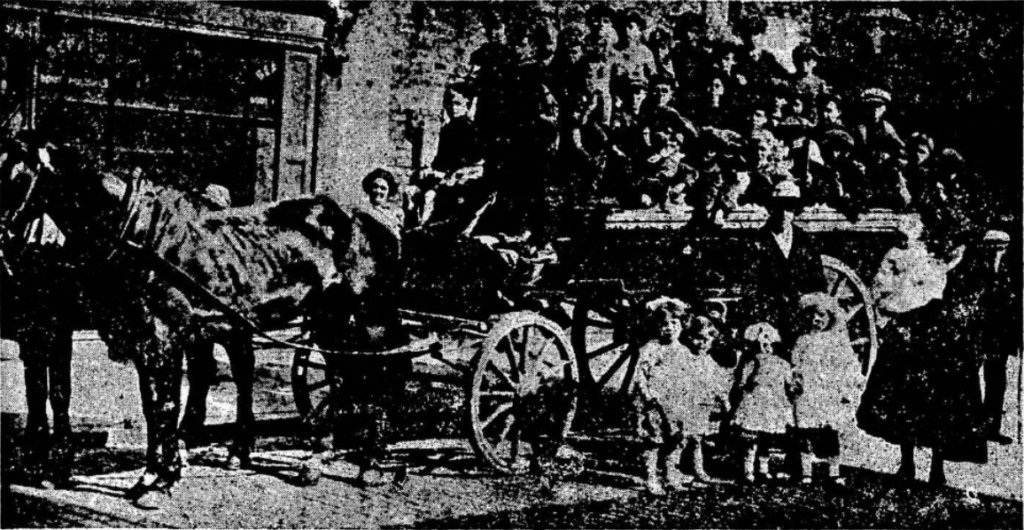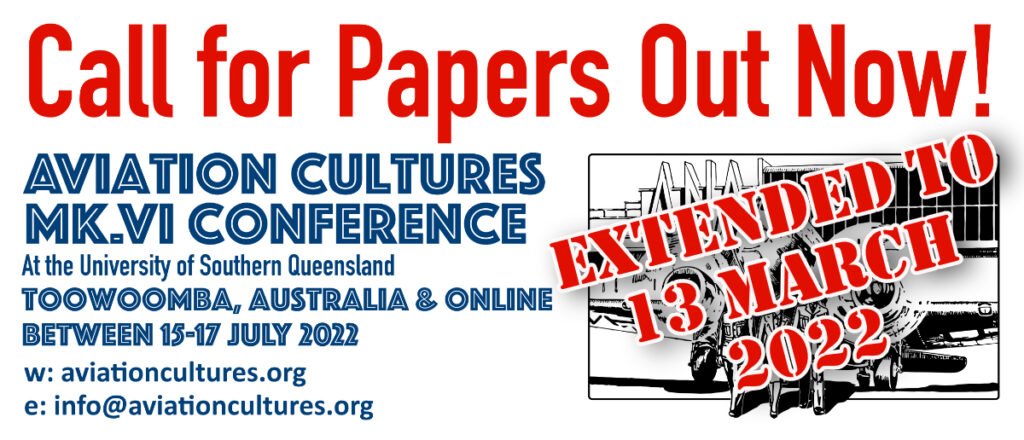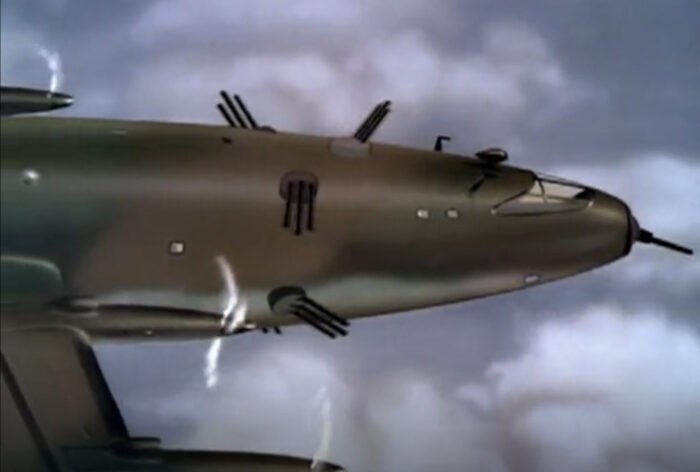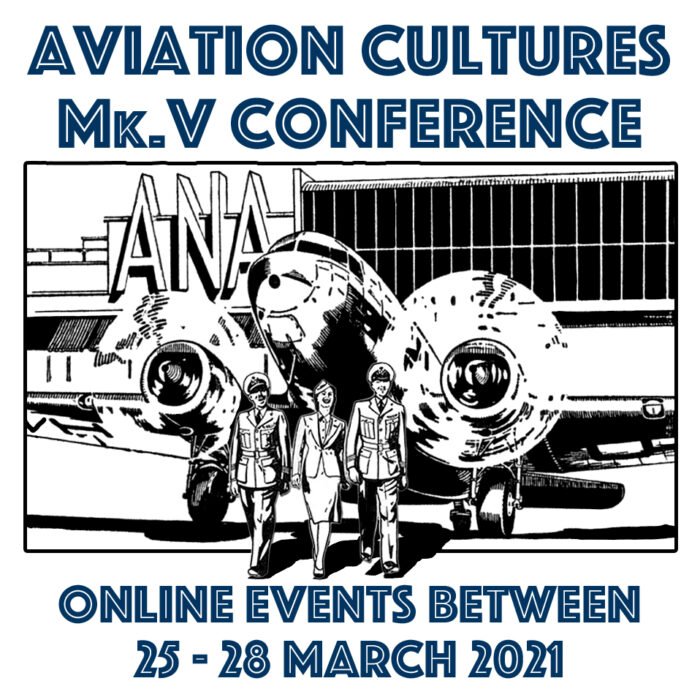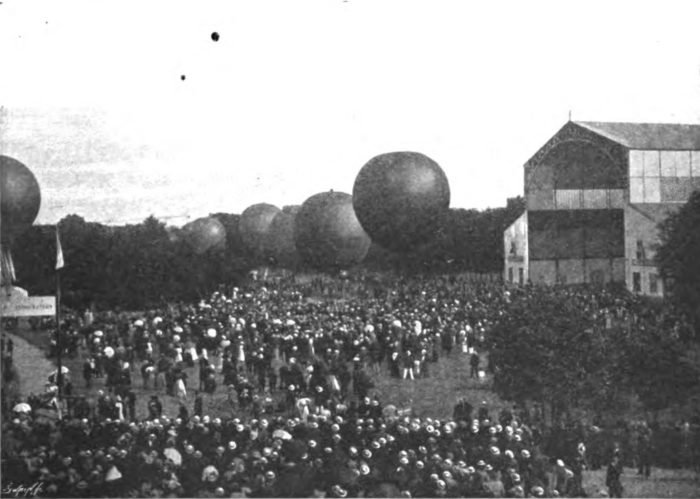Civil defence from below
Next July, the Australasian Association for European History (AAEH) conference is being held at the University of Auckland. My abstract having been accepted, it looks like I’ll be going to New Zealand! My presentation is entitled ‘Civil defence from below: street patrols and air raid risk in Britain, 1915-1918’ and here’s what it’s about: As […]

